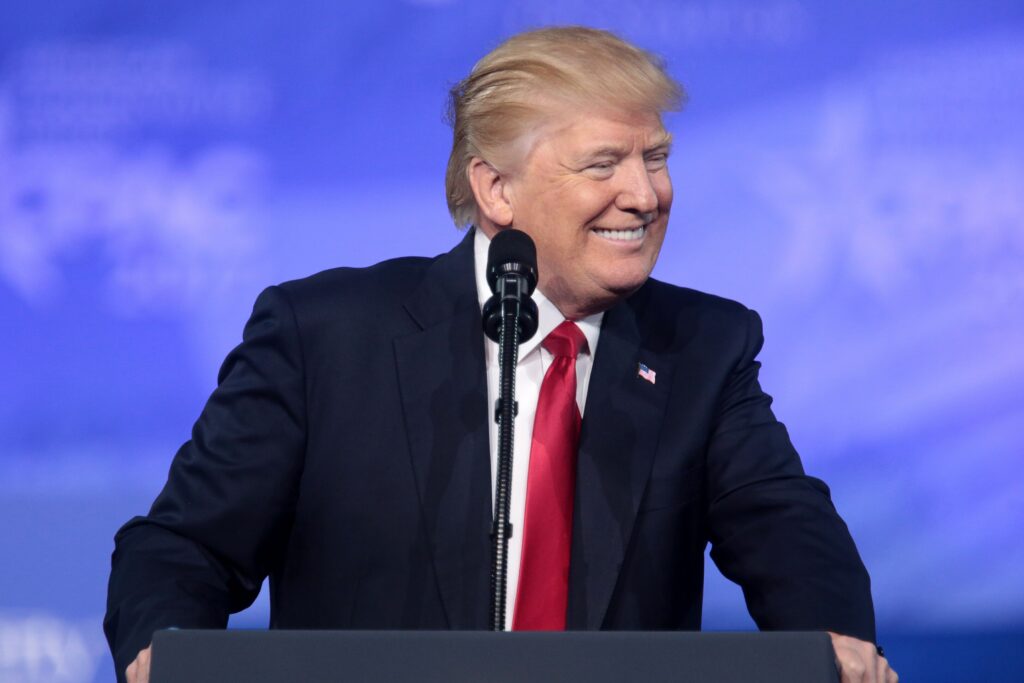
(Scypre.com) – President Donald Trump, speaking at the NATO Summit in The Hague on June 26, declared that Iran’s nuclear weapons program has been effectively halted for the foreseeable future. He asserted that Iran “won’t be building bombs for a very long time,” and added, “The last thing they want to do is enrich anything right now.” This statement came just days after coordinated U.S. and Israeli airstrikes struck several key Iranian nuclear facilities, including the heavily fortified Natanz and Fordow sites. The operation, dubbed “Midnight Hammer,” involved advanced bunker-busting weaponry and cyberattacks aimed at disabling uranium enrichment infrastructure. The strikes followed nearly two weeks of escalating military tensions between Iran and Israel, during which Tehran launched missile barrages and Israel responded with airstrikes of its own.
Trump’s remarks suggest confidence in the deterrent effect of the strikes, though they are not without controversy. While U.S. intelligence officials and the IAEA have confirmed that the facilities suffered “severe and lasting damage,” a leaked Defense Intelligence Agency memo warns that Iran could potentially restore some of its capabilities within months, depending on international oversight and material availability. Trump dismissed those claims, insisting that the mission was “total and complete,” and noted that if Iran tries to rebuild, the U.S. is prepared to act again.
International reaction to Trump’s comments has been mixed. NATO Secretary-General Mark Rutte privately expressed support, saying the strike demonstrated alliance unity and resolve. European leaders, while relieved by the ceasefire that followed the strikes, remain cautious about the potential for renewed conflict. In Iran, Supreme Leader Ayatollah Khamenei condemned the attack as “a hand slap to America’s face” and vowed continued resistance. Meanwhile, U.S. Defense Secretary Pete Hegseth defended the operation and criticized the media for undermining national unity. Amid this backdrop, the Biden administration—represented by Trump—announced that nuclear talks with Iran are scheduled to resume next week, aiming to turn the ceasefire into a longer-term diplomatic breakthrough.
Although Trump’s rhetoric at the NATO Summit has been characteristically bold, it remains to be seen whether the strikes have achieved their strategic goal of containing Iran’s nuclear ambitions. With the IAEA demanding inspection access and conflicting intelligence assessments emerging, questions linger over the true extent of the damage. As the dust settles, much will depend on the transparency of Iran’s next steps and the international community’s ability to verify and enforce any agreements that emerge from the upcoming negotiations.